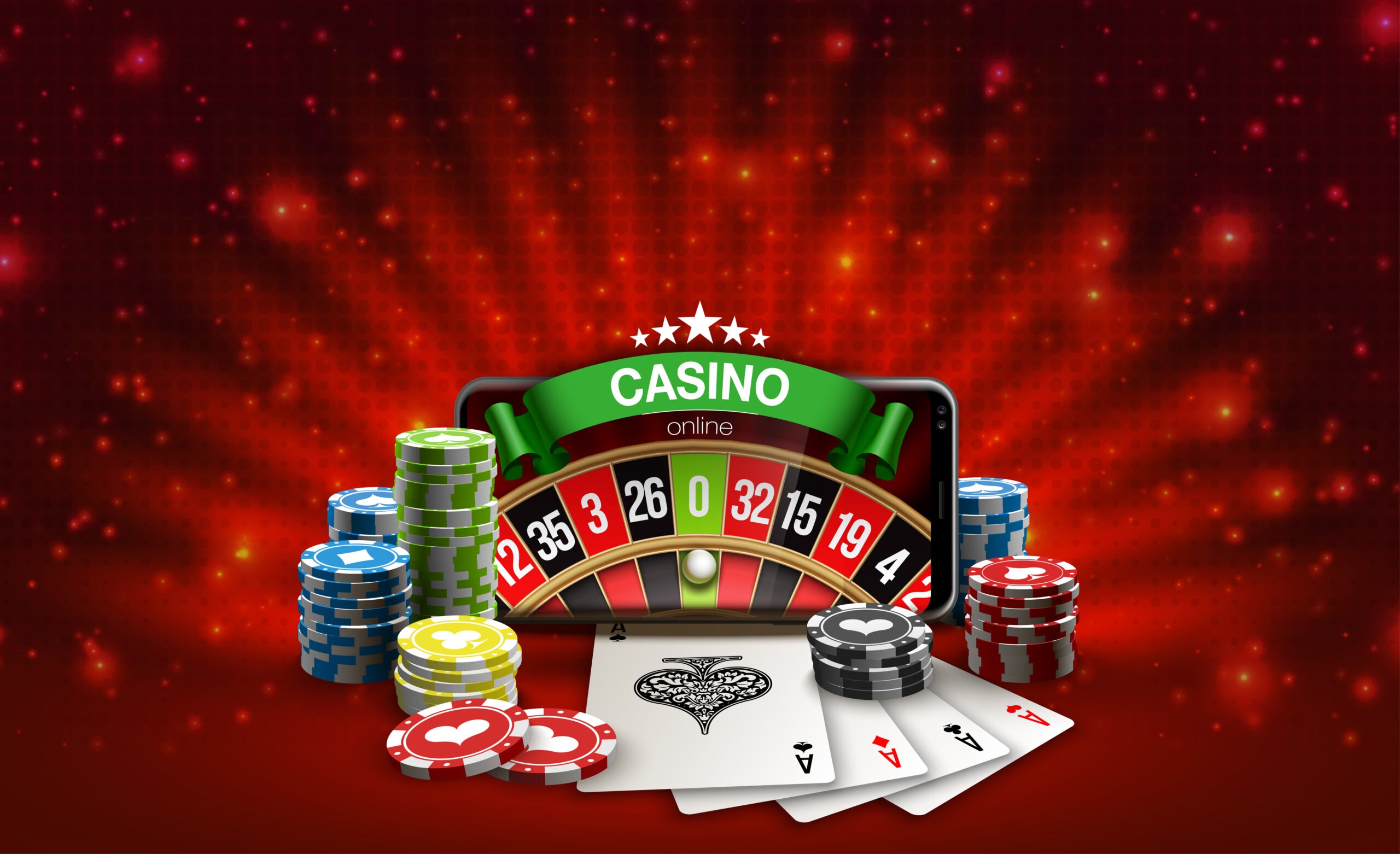
In the world of gambling, in which chance and strategy meet, a unique tapestry of beliefs unfolds—one that weaves together luck, fate, and the enigmatic nature of casino games. https://bossfun.live/ Casinos, bustling with excitement and anticipation, are not just places for placing bets; they are also arenas in which superstitions thrive. Ranging from the novice player to the seasoned gambler, these mysterious practices often shape how individuals approach the games they play, believing that their actions can influence the outcome in ways that go beyond mere probability.
As players gather around roulette wheels, blackjack tables, and slot machines, the atmosphere is thick with stories of lucky charms, rituals, and codified behavior that defy logic yet provide a sense of comfort. It could be the case that it’s wearing a specific outfit, following a particular sequence of bets, or even avoiding certain numbers, the attachment to various superstitions reflects a deep-rooted desire to master the uncontrollable. This article delves into the captivating world of casino game superstitions, exploring the beliefs that both entertain and mystify those who dare to play.
Historical Origins of Superstitions
Gambling activities have long been entwined with an array of superstitions that can be traced to ancient societies. The origins of these ideas can be associated to humanity’s intrinsic need to control the random outcomes associated with fortune and chance. In early civilizations, games of uncertainty were often connected to religious practices. Gamblers would seek blessings or seek favor from deities, believing that their actions could influence the odds in their benefit. This basis laid the foundation for the multitude of superstitions that spread as betting evolved over time.
During the medieval period, gambling became a common activity across European nations, and with it, a colorful tapestry of superstitions appeared. Participants adopted numerous rituals and charms, believing they could influence the outcome of games. The value of digits, in particular, started to appear in superstitions around card games and dice. The number seven was often considered favorable, while various numbers carried unfortunate connotations. These notions mirrored the social contexts of the time, adapting as they moved through generations and adapted to emerging gaming environments.
As gambling houses emerged in the seventeenth century, particularly in Italy and France, the atmosphere surrounding gambling became steeped in mystery. The growing availability of gambling activities allowed for the dissemination and variation of superstitions among players. Concepts like charmed charms, special seating positions, and rituals gained importance, creating a unique culture within casinos. As these customs continued to thrive, they became integral to the essence of gambling games, illustrating how historical developments and tradition shape the convictions that influence how players engage with fortune.
Popular Casino Superstitions
Superstitions surrounding casino games are plentiful and varied, mirroring the hopes and fears of gamblers as they engage in random games. One of the most common views is that certain numbers bring fortune or misfortune. bossfun For example, the digit seven is often seen as a favorable number, frequently embraced by players looking for a positive outcome. Conversely, the digit 13 is routinely considered cursed, leading many players to avoid it during their gambling sessions.
Another common belief relates to rituals that gamblers believe can affect their odds. It could be blowing gently on dice before a roll, using a particular gesture to place a wager, or even putting on specific items of clothing, many people feel that these actions can sway luck in their benefit. These rituals offer a feeling of power in an otherwise unpredictable environment, strengthening the idea that luck can be created through individual convictions and habits.
Lastly, the ambiance and vibe of the casino itself contributes to superstition. Many players suggest that the presence of certain symbols, such as four-leaved clovers or fortunate tokens, can enhance their odds of winning. Additionally, players might adhere to the belief that victory streaks can be halted by mundane events, such as a person passing by or a accident at the gaming surface. The shared environment in a gambling house can amplify these beliefs, creating a communal culture of superstitions that transcends single experiences.
Impact of Superstitions on Players
Superstitions play a significant role in the mindset of casino players, often influencing their actions and choices. Many gamblers think that luck can be manipulated through various rituals, such as donning a talisman, choosing particular hues, or steering clear of particular digits. This reliance on superstitions can create a sense of control in an environment that is intrinsically unpredictable. Players frequently feel more self-assured and involved when they believe that their actions could sway the outcome of a game in their favor.
The impact of these superstitions extends beyond individual players, affecting the general atmosphere within the casino. For instance, a player who believes in the luck of a particular slot machine might draw a crowd, as others are intrigued by their apparent luck. This collective belief can amplify excitement and create a dynamic environment, leading to an engaging experience even for those who may not necessarily be superstitious. The buzz around certain games can lead to higher participation and longer playing sessions, supporting the casino’s lively social scene.
In some cases, superstitions can lead to harmful effects for players. Depending too much on rituals can result in poor gambling decisions, as some may overlook basic strategies in favor of unfounded beliefs. Additionally, the pressure to perform rituals may heighten anxiety and tension, diminishing from the pleasure of the experience. Ultimately, while superstitions can enhance the excitement of playing casino games, they can also lead to foolish choices that overshadow the enjoyment and entertainment intended in the casino experience.